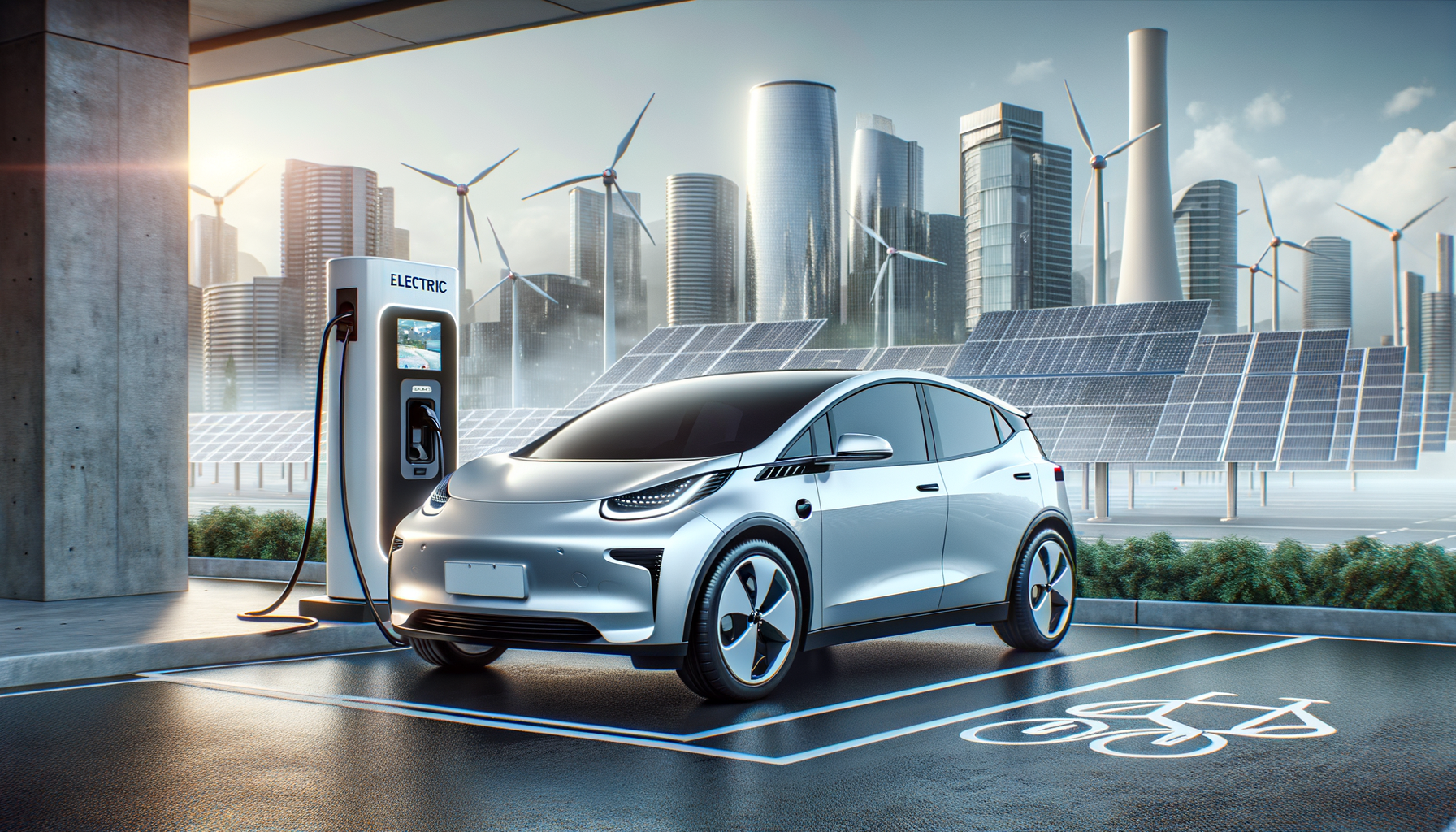
Electric Cars: What You Should Know Before Buying
Introduction to Electric Cars
As the world shifts towards more sustainable energy solutions, electric cars are becoming a popular choice for environmentally conscious consumers. They offer a promising alternative to traditional gasoline-powered vehicles, reducing carbon emissions and reliance on fossil fuels. However, before making the switch, there are several factors potential buyers should consider to ensure they make an informed decision.
Understanding the Cost and Savings
One of the primary considerations for prospective electric car buyers is the cost. While electric vehicles (EVs) can be more expensive upfront compared to conventional cars, they often offer significant savings in the long run. The savings primarily come from reduced fuel costs and lower maintenance expenses, as EVs have fewer moving parts and do not require oil changes.
Moreover, many governments offer incentives and tax credits to encourage the adoption of electric vehicles, which can further offset the initial purchase price. It’s important to research the available incentives in your area to maximize these benefits. Additionally, the total cost of ownership over several years tends to be lower for EVs, making them a financially sound investment.
Evaluating Range and Charging Infrastructure
Range anxiety is a common concern among potential EV owners. The range of an electric car, or how far it can travel on a single charge, varies depending on the model and battery capacity. It is crucial to evaluate your daily driving needs and choose a vehicle that aligns with your lifestyle.
Additionally, the availability of charging infrastructure plays a significant role in the convenience of owning an electric car. While home charging is an option for many, public charging stations are essential for longer trips. The network of charging stations is expanding rapidly, but it’s advisable to check the availability in your area and along your regular routes.
Environmental Impact and Sustainability
One of the main advantages of electric cars is their positive environmental impact. By producing zero tailpipe emissions, EVs contribute to cleaner air and reduced greenhouse gas emissions. However, the environmental benefits also depend on how the electricity used to charge the vehicle is generated.
In regions where renewable energy sources like wind and solar power are prevalent, the overall carbon footprint of an electric vehicle is significantly reduced. Prospective buyers should consider the energy mix in their area and how it affects the sustainability of their vehicle choice.
Technological Advancements and Future Prospects
The electric vehicle market is rapidly evolving, with continuous advancements in battery technology, range, and charging speeds. These developments make EVs more appealing and practical for a broader audience. Staying informed about the latest trends and innovations can help buyers choose a vehicle that will remain relevant and efficient for years to come.
Moreover, the future of transportation is leaning towards electrification, with many automakers committing to phasing out gasoline engines in favor of electric models. This trend indicates a growing support infrastructure and increased availability of electric vehicles, making now an opportune time to consider making the switch.
Conclusion: Making an Informed Decision
Purchasing an electric car is a significant decision that involves weighing various factors, from cost and range to environmental impact and technological advancements. By thoroughly understanding these aspects and considering personal driving habits and needs, buyers can make a well-informed choice that aligns with their values and lifestyle. As the automotive landscape continues to evolve, electric cars represent a forward-thinking and sustainable transportation solution.


